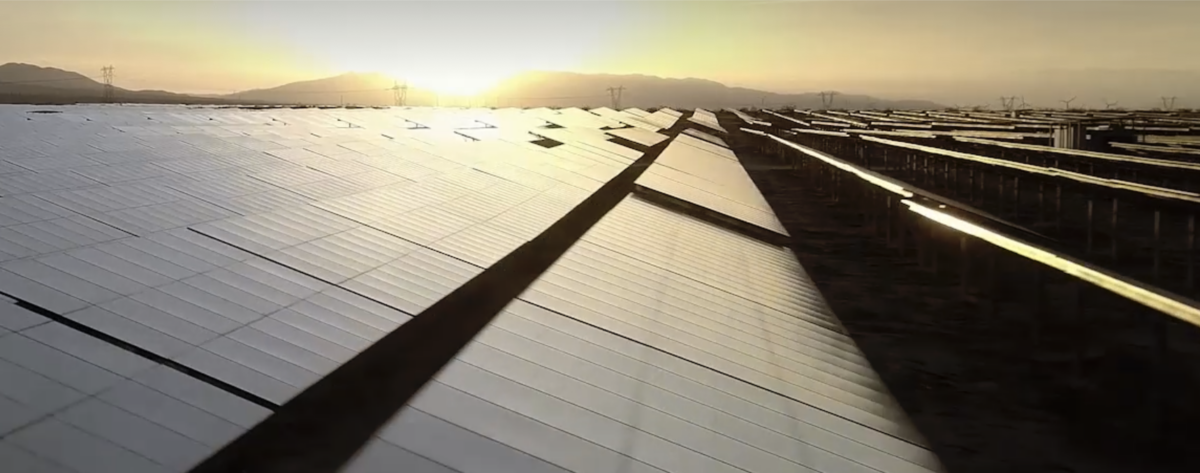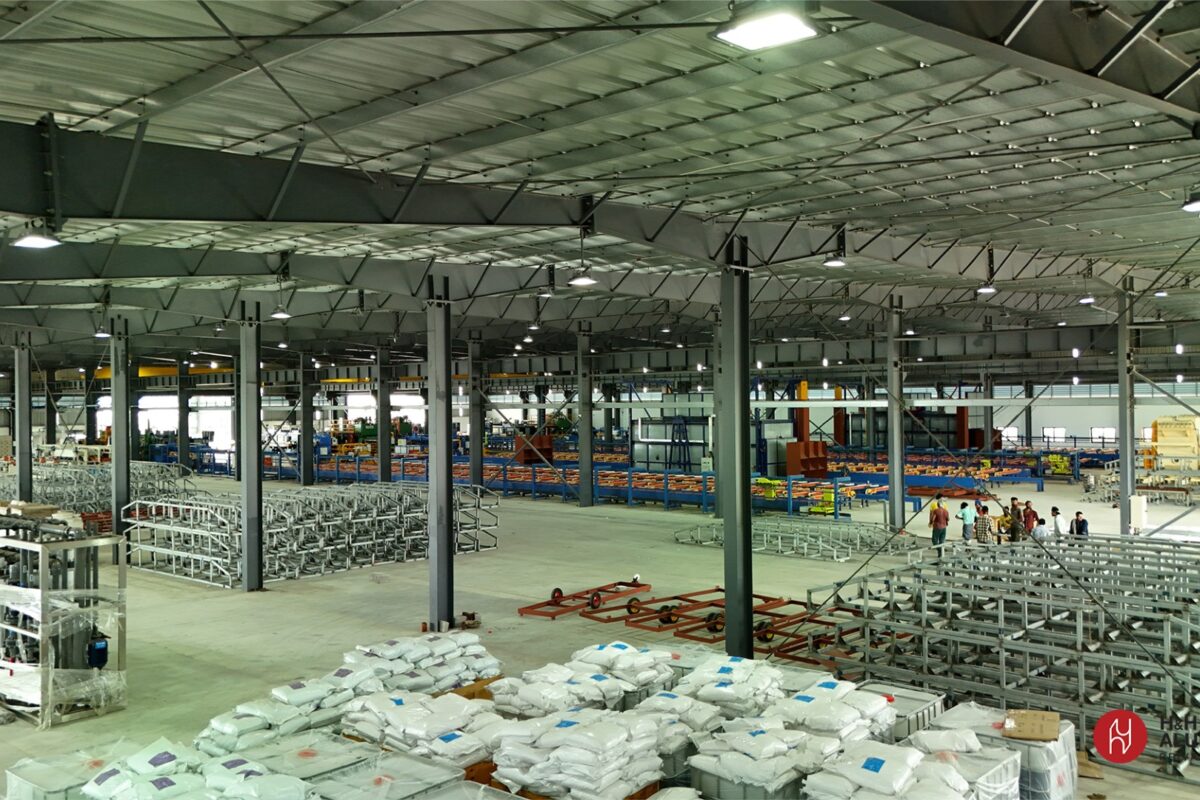From pv magazine USA
EDF Renewables North America is among the largest developers in North America, with over 35 years of experience and a portfolio that currently consists of 16 GW of developed projects and 13 GW under service contracts.
The company announced an agreement with Solarcycle, a technology-based solar recycling company, to recycle solar panels damaged or broken during construction and operation.
With the rapid growth in solar energy in the U.S., there is also growing concern about what will happen to solar panels at the end of their useful life. Without an increase in solar recycling, the U.S. will contribute 10 million metric tons of trash in landfills and other waste facilities by 2050, according to the International Renewable Energy Agency (IRENA). To put into context, the U.S. dumps almost 140 million tons of waste each year, according to the Environmental Protection Agency.
“As a company, we have committed to developing the recycling capability of our clean energy assets, starting with solar,” said Edgar Puerto, associate director, strategic procurement at EDF Renewables. “We view this as a key strategy for reducing our greenhouse gas emissions and catalyzing a new domestic supply chain for made-in-America solar products.”
Solarcycle reports that its proprietary technology allows for the extraction of 95% of the value from recycled panels, including silver, silicon, copper, aluminum, and glass. After extracting the raw materials from the solar panels, Solarcycle intends to sell the materials for the next wave of solar manufacturing in the U.S.
Solarcycle currently has facilities in Odessa, Texas and Mesa, Ariz. Jesse Simons, chief commercial officer and co-founder, told pv magazine USA that the company intends to break ground on a third in the Southeast soon. The intention is to have a facility within 500 miles of 80% of the installed solar in the U.S.
“We have a team of reverse logistics professionals who are experts in optimizing the number of panels on a truck to ensure we are using the fewest number of trips in order to bring panels to our sites, lowering costs and lowering carbon emissions,” said Simons.
The company has performed a lifecycle assessment, which determined that the carbon benefits of Solarcycle’s recycling process, which requires centralization and scale, far outweigh the carbon involved in transport.
This content is protected by copyright and may not be reused. If you want to cooperate with us and would like to reuse some of our content, please contact: editors@pv-magazine.com.









👍🏽👍🏽👍🏽👍🏽👍🏽👍🏽👍🏽